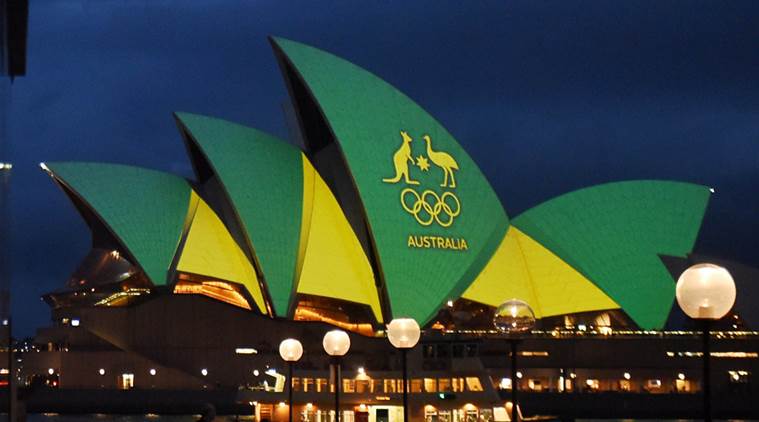
By Michael Pavitt |
The Australian Olympic Committee (AOC) spent $1.2 million legal and dispute resolution costs in 2017, as the organization battled a crisis with bullying claims alleged.
The bullying scandal at the AOC centered around former media director Mike Tancred, who was cleared of bullying charges despite previously admitting intimidating former AOC chief executive Fiona de Jong.
He ultimately left his post in September.
In April, de Jong told Fairfax Media that Tancred had called her to demand that she withdraw a complaint she had submitted about a fellow Board member to AOC President John Coates.
According to de Jong, Tancred said: “Fiona, withdraw the complaint or I will bury you.”
De Jong has since gone on to warn that the AOC will not reform whilst President Coates, re-elected in May following a controversial election campaign, is still in charge.
The AOC’s annual report for 2017 reveals that $213,875 was spent in indemnifying de Jong and Tancred for their legal fees and expenses.
A further $313,538 was spent in relation to the complaints and employment advice.
The AOC ultimately established an independent committee to investigate an initial complaint of bullying and four subsequent allegations from different complaints.
This process was found to have cost the organization $289,828.
The report also reveals that Tancred was paid $379,837 in retirement benefit and superannuation last year.
Coates survived a challenge for the AOC Presidency by Danni Roche, despite the scandal that rocked the organization,
It did help to prompt a cultural review of the AOC’s workplace practices and which was carried out by the Ethics Center.
An Ethics Center report found many AOC staffers reported senior leaders within the peak Olympic body undermined and were hostile towards each other, and expressed concerns about favoritism and poor communication.
Tancred’s departure came as a result of the AOC’s “first stage of an organizational restructure”.
A total of 17 recommendations were made by the Ethics Center, including succession planning for Coates departure at the end of his latest term.
Four of the recommendations have been listed as having been completed by the AOC so far, with six expected to be concluded by July.
The remaining recommendations have been listed as ongoing, including the process of developing a succession plan for Coates.
“By releasing the full report publicly and adopting all 17 recommendations the Executive demonstrated its commitment to build a culture aligned to our espoused values and principles,” said Matt Carroll, AOC chief executive.
“Importantly the report noted a large measure of cautious optimism among staff about the organization and its future culture.”
The AOC also took legal action was taken by the over an “I go to Rio” marketing campaign run by Telstra.
The Olympic-themed drive was launched even though Telstra had ended its sponsorship with the AOC in 2015.
It featured a series of television commercials showcasing a version of the Peter Allen song I go to Rio, describing Telstra as “Official Technology Partner” of the Seven network.
A Federal Court ruled in favor of Telstra in 2016, despite the AOC claiming it was a “clear attempt to deceive Australians”.
Telstra successfully argued the campaign originated from its partnership with the Seven network, with the AOC told to pay the company’s legal costs.
The AOC appealed the decision to the Full Court, with the organisation claiming they were seeking to protect their partnership with Optus, Telstra’s rivals.
The case revealed to have cost the $626,368 in 2017, following on from $297,221 the previous year.
Despite the costs, the AOC ended 2017 with total financial equity of nearly $118 million, rising from $112 million.
“From an overall perspective the AOC finished the first year of this Olympiad in a strong position, with sponsorship revenue on target as reported by the President,” Carroll said.
“Management remains focused on taking costs out of our operations through streamlining of processes, reducing duplication and use of more efficient technology.
“The most significant cost variation was in support services due to the one-off expenses of the independent committee, cultural review and the Telstra Case.
“While these were significant expenses, the associated activities were extremely important to changing the organisation and in the Telstra case, important in defending our commercial partners.”
Republished with permission from insidethegames.biz.